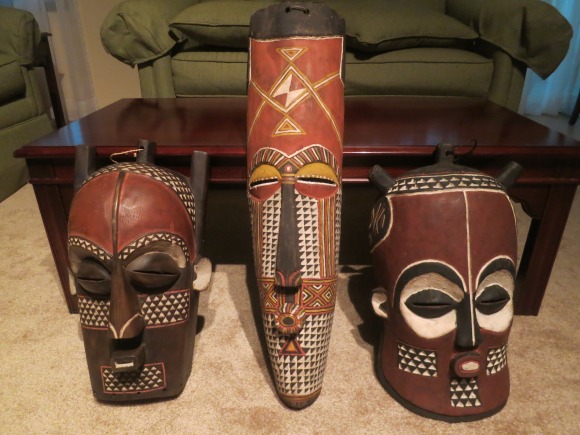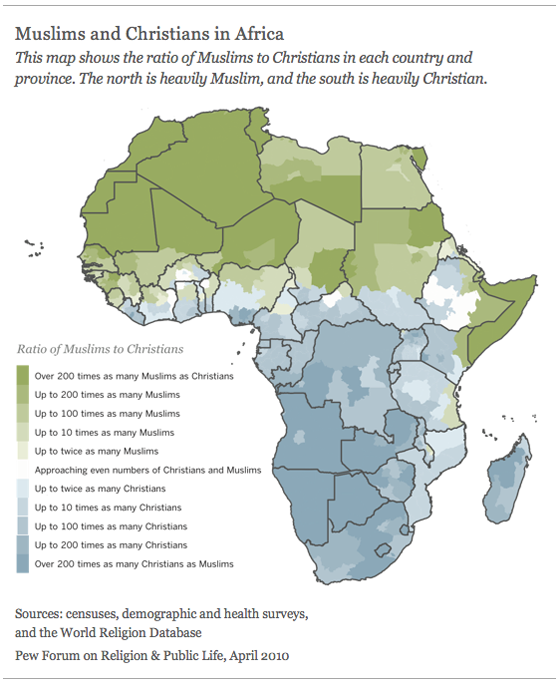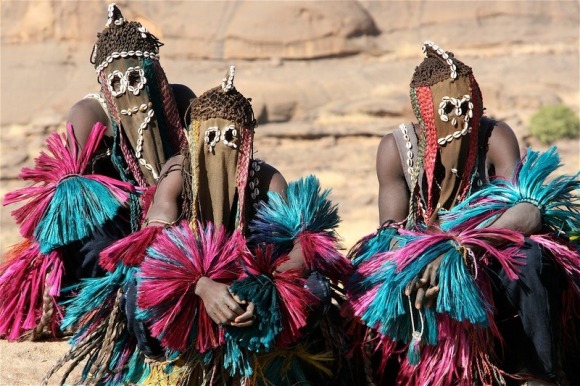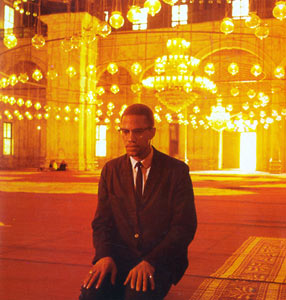
African spirituality is a term I’ve come across in the Internet in the realm of Pan-Africanism, Hotepism and decolonisation of African people’s mind. “We should go back to our African spirituality” is what I hear in some of these circles. But my question is…what is African spirituality?
Some argue that it’s what we Africans did and practiced in terms of religion before Arabs and Europeans colonised us. Through colonisation they imposed Islam and Christianity on us (they were actually present on the continent before both invasions) destroying the fabric of our being, of our society, our cultures and our previous beliefs. African spirituality is thus a means to decolonise one’s mind.

Africans who didn’t practice either religion had their own systems of belief. In Chinua Achebe’s “Things Fall Apart” the author gives a glimpse on the structure and logic of what Igbos practised before colonialism. They believed in a higher, superior being and communication with the Creator was possible through the ancestors who bridged the gap between God and His creation. Ceremonies were performed to remember, please and show respect to the ancestors.
When it comes to African religions there are many problems. They have been labelled as superstition, withcraft and black magic. They’re so negatively stigmatised that we don’t even take the time to do some research and fully understand what they were about and how they functioned. We have to stop demonizing them.
I believe, however, that the notion and idea of African spirituality is too idealistic and vague.
There is no “one African spirituality”. Africa is a massive continent with a rich history and many diverse people, so telling every African to go back to our spirituality would mean that there would be as many religions as there are nationalities, factions and ethnic groups.
I usually hear Hoteps (but not only) dealing with this issue and so I feel that African spirituality is used as a synonym for Kemetic religion. There’s an obsession with Ancient Egypt and everything that revolves around it (as if it was the only great thing Africans ever did) but I will deal with this another time.
Let’s suppose that I wanted to “convert” to African spirituality, how do I do it? Do I have to choose one of the hundreds of African religions? Will anyone do? Do people who follow this path do something else other than post memes on Facebook saying “before religion we had African spirituality, we’re gods” and put down Black Christians and Black Muslims? Is it really African spirituality they’re practising or something they invented years after slavery and colonialism were officially over to counter-attack Islam and Christianity (this goes especially to the diaspora)? Which African religion are they practising (Serer religion, Dogon religion, Yoruba religion…)?

I need you to break it down for me because I hear vague thoughts but no susbstance. All I hear is “Christianity and Islam weren’t made for the Black man, being African and Christian/Muslim is a contradiction, we need to go back to our spirituality” and then what? What will happen? Will we be free?
For some that might be the case as far as mental freedom is concerned but for Christian and Muslim Africans that already feel and are mentally free, what’s the purpose of it?
Of course being mentally decolonised is a key factor in the quest for liberation but we are different people and we have experienced and dealt with traumas differently. There isn’t a single way to get rid of the chains in our minds.
The greatest Pan-Africanists and revolutionaries I know of were either Christians or Muslims (practising or not).
Marcus Garvey: Christian.
Malcolm X: Muslim.
Nat Turner: Christian.
Dutty Boukman: Muslim.
Thomas Sankara: Christian.
Muhammar Gaddafi: Muslim.

Reading the Bible or the Qur’an didn’t stop them. It didn’t make them weak, nor subservient. It made them warriors, revolutionaries, innovators, thinkers, entrepreneurs.
I believe we should use and practice what makes us stronger, more resilient and gives us hope in a constructive way without creating further divisions and without negatively criticizing those who choose another path. If going back to African spirituality is beneficial to some they should do it. They shouldn’t, however, impose it on others and most importantly they shouldn’t accuse us of being mental slaves who blindly follow dogmas.
As Malcolm X said “Whether we are Christians or Muslims or nationalists or agnostics or atheists, we must first learn to forget our differences. If we have differences, let us differ in the closet; when we come out in front, let us not have anything to argue about until we get finished arguing with the man [our oppressor]”.
We will achieve freedom when we come together as Africans. Let’s stop focusing on our differences. It slows us down, it wastes our time and our energy.
Our freedom and independence as a people are defined by how much control we have on our resources, economy and politics. Our oppressor will not stop oppressing us if we abandon Islam and Christianity.
He will stop oppressing us when we stop allowing him to oppress us.
He will stop oppressing us when we build for ourselves.
He will stop oppressing us when we come together and unite as Africans.
He will stop oppressing us when we go back to controlling our land. Africa.
Images:
- https://upload.wikimedia.org/wikipedia/commons/6/62/Masques_BaKongo.JPG
- http://www.templeton.org/templeton_report/20100428/
- http://www.catalyzingchange.org/dogon-tribe-africa-extraterrestrial-history/
- http://www.huffingtonpost.com/pye-ian/harnessing-curiosity-conq_b_469937.html
2 replies on “We should go back to our African Spirituality”
Excellent article. It is a very critical stance on the merits of not essentializing people and beliefs, and there is not one path to Panafricanism, whether it be through spirituality, or how Africans engage with their Afrikan ness. Although I have rejected traditional religions, I believe that what matters is what works.
LikeLike
[…] You may be interested in these articles. (You can also check my post “We should go back to African spirituality”: https://farafinna.wordpress.com/2016/01/29/we-should-go-back-to-our-african-spirituality/) […]
LikeLike